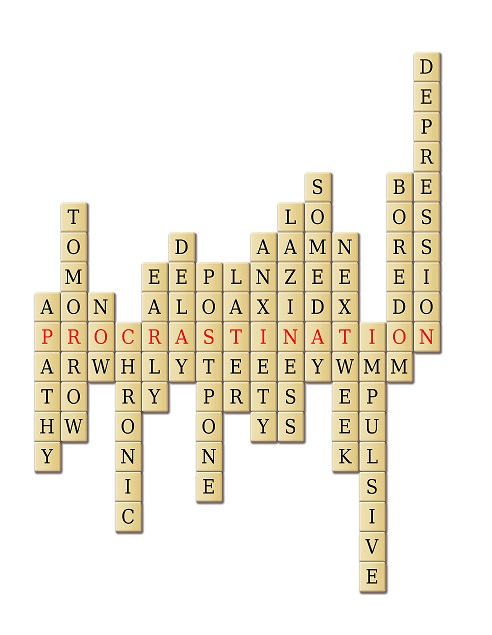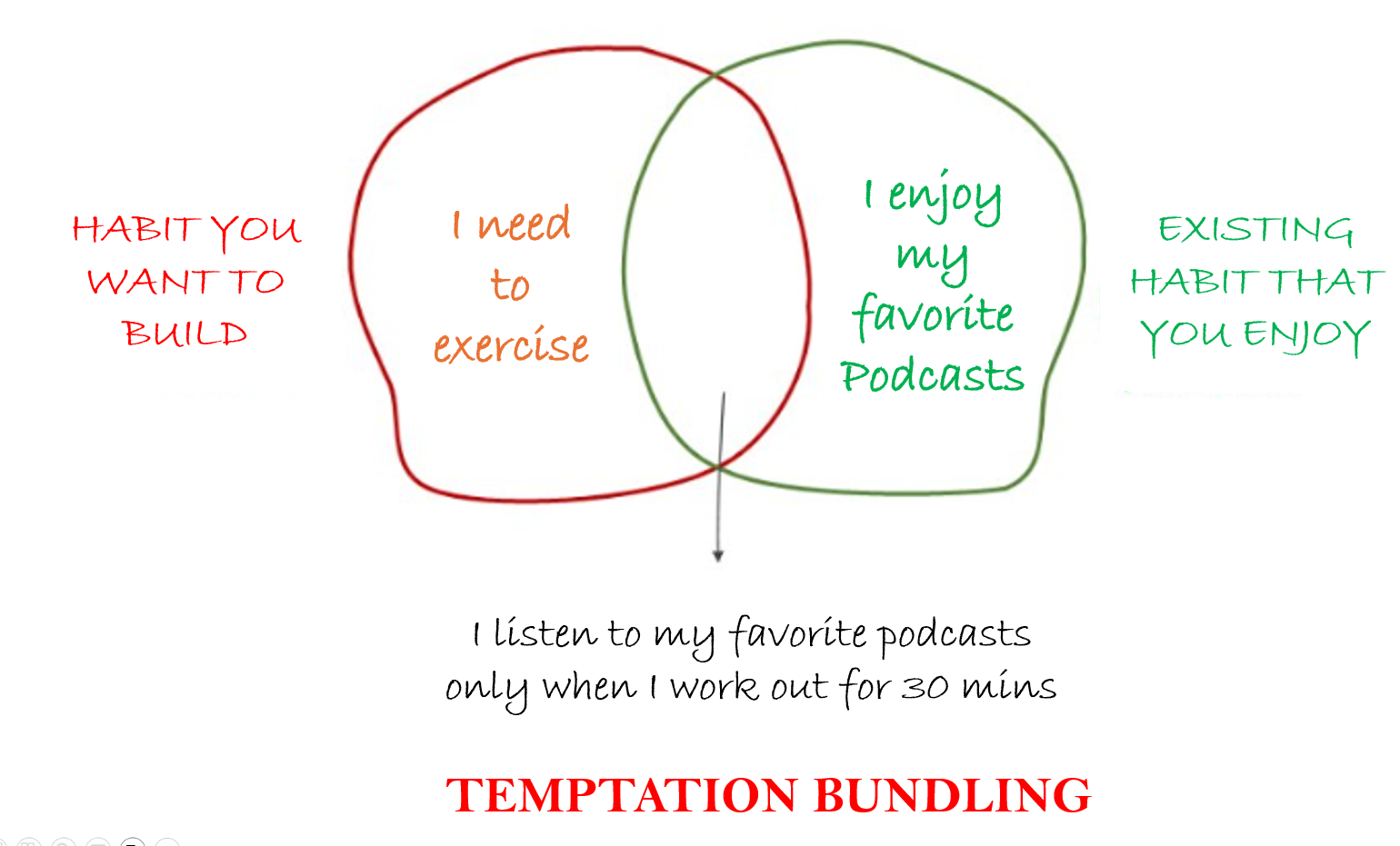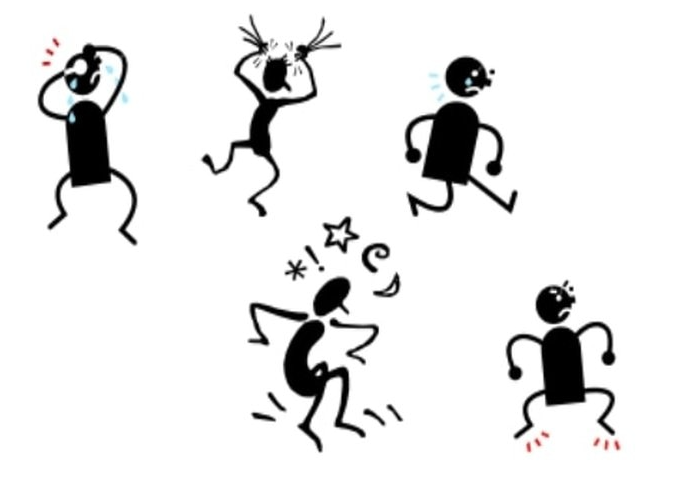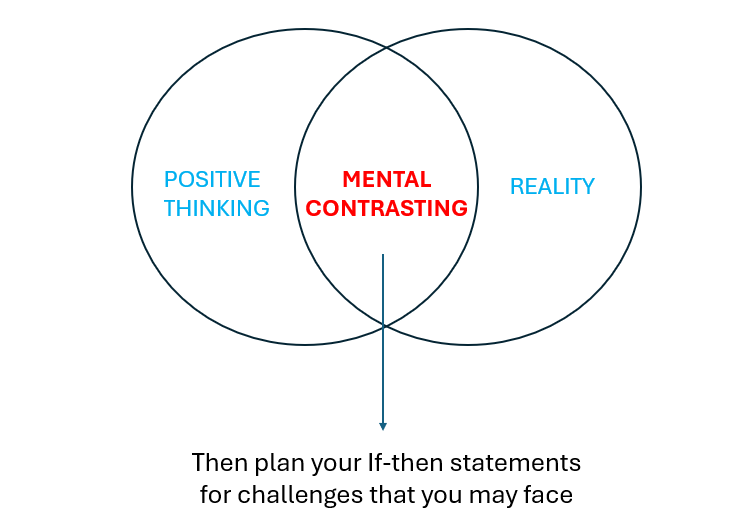- Home
- 7 Steps of Goal Setting
- What is Procrastionation
What is procrastination and what type are you?
Have you ever found yourself pushing off important tasks until the last minute, despite knowing better? You're not alone. Understanding procrastination is the first step toward conquering it and according to Dr Joseph Ferrari, associate professor of psychology at De Paul University in Chicago, the first thing you need to do is to determine what type of procrastinator you are. Let's dive into the topic of what is procrastination and what type of procrastinator you are and how you can overcome it.
What is procrastination?
According to the Oxford English Dictionary, procrastination is defined as to postpone, put off, or prolong. In Latin, pro means “forward” or “in favor of,” and crastinus means “tomorrow.” But lots of things belong to tomorrow.
So we have to decide between procrastination and delay.
Timothy Pychyl (2013, p. 15) defines procrastination as
"Procrastination is the voluntary delay of an intended action despite the knowledge that this delay may harm the individual in terms of the task performance or even just how the individual feels about the task or him or herself. Procrastination is a needless voluntary delay"
According to this definition, procrastination isn't laziness or poor time management or some nasty character flaw. It's a complex psychological phenomenon that helps to explain the gap between intention and action.

For example, lets suppose you have an assignment due this Friday. Now you look at the assignment and you say to yourself…"this is going to take about 2 hours and I will do it Thursday night."That is not procrastination! That is your intention to do it on Thursday night.
But lets suppose that Thursday night comes and you think to yourself…. "I will just surf the net first or watch Netflix"…well when you do that you are procrastinating.
Now you have a gap between intention and action.
At its core, procrastination is where we voluntarily delay intended actions despite knowing we'll be worse off for doing so - its almost like a a battle between your present self and your future self, where immediate comfort often wins over long-term benefits.
And you are not alone if you procrastinate. Procrastination statistics according to one of the world's leading researchers in the area, Dr Piers Steel, that approximately 95% of people procrastinate to some degree, with about 20% of adults being chronic procrastinators.
What is going on in the brain?
Science alert!
When faced with a challenging task, your brain's limbic system (responsible for emotions) engages in a tug-of-war with your prefrontal cortex (responsible for planning and decision-making). The limbic system often wins, leading you to choose short-term relief over long-term goals. This means that procrastination is not about time management but rather about managing emotions.
Which type of procrastinator are you?
There are three main types of procrastintors, according to Dr. Joseph Ferrari, a leading expert in the field. These are the Thrill-Seekers, the Avoiders, and the Decisional procrastinators - each with different strategies to overcome procrastination.
1. The Thrill Seeker
Also known as the adrenaline junkies, get a rush from the approaching deadline. If you have every said "I work better under pressure" then this type of thinking belongs in the Thrill seeker category.
According to Ferrari, the thrill seeker should get their adrenaline rush elsewhere and discover the joy of getting things done early. For the big jobs, Ferrari recommends breaking the tasks down and rewarding yourself for each mini-task completion. This is similar to our recommended 3D approach.
2. The Avoider
If you worry about being judged or disappointing others, then you are likely to fall into this category. Similarly if you have ever found yourself procrastinating because the task "needs to be perfect" or you are worried about "what if I fail?" then you may fall into this category.
Here it is suggested that you challenge your excuses and ask yourself what is the worst that can happen.
3. The Indecisives
These procrastinators struggle with making decisions and are often perfectionists who procrastinate to shift the responsibility from themselves. This type of procrastinator should try to keep the big picture in mind, and avoid going down rabbit holes in their pursuit of small details.
Often using the 10 minute rule is a good strategy that forces the action of just starting.
- Home
- Procrastination
- What is Procrastionation















New! Comments
Have your say about what you just read! Leave me a comment in the box below.